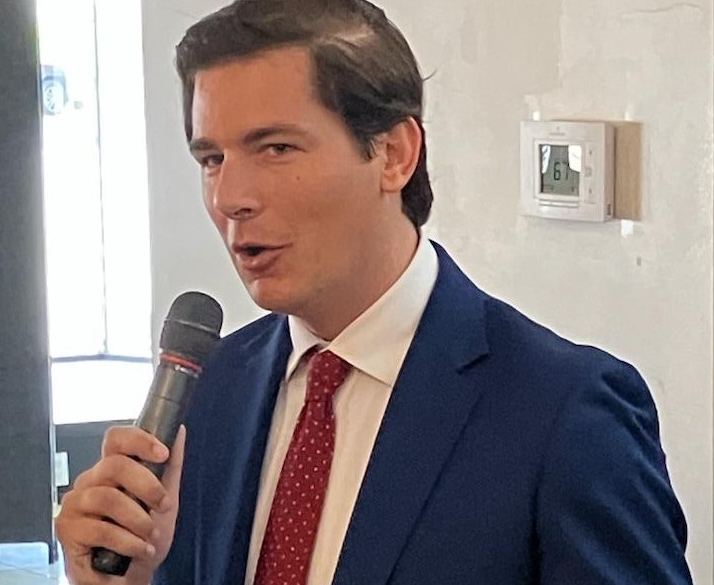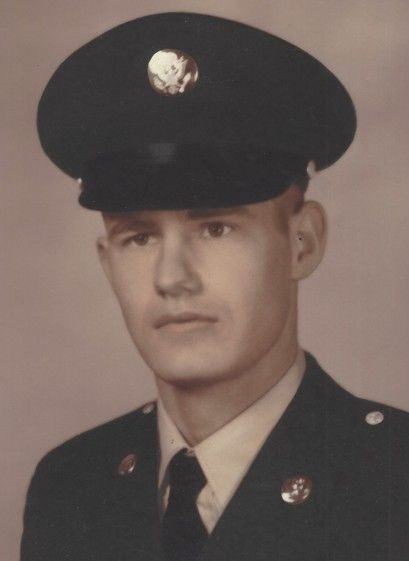‘The work is not done’: Tri-State Housing Summit celebrates 20th year

HANNIBAL, Mo. — The 20th anniversary of Tri-State Housing Summit offered a chance to look back at successes and ahead to additional innovations.
More than 100 people attended the event on June 12 at the Rialto Banquet Hall. The forum brought together housing advocates, community stakeholders, private sector leaders and government representatives from Missouri, Illinois and Iowa. Carla Potts of the North East Community Action Corporation (NECAC) organized the first summit in 2005.
“We’ve had 20 years of successes, but the work is not done,” Potts said. “There’s still a lot of work to do. What we do matters. It matters every single day what we do – that we get up every single morning committed to making life better for people.”
Hannibal City Manager Andy Dorian welcomed the crowd.
“As we all know, safe and affordable housing is one of the critical issues facing our communities, so that’s why events such as the Tri-State Housing Summit are so extremely important,” Dorian said.
NECAC President and Chief Executive Officer Dan Page said the audience came from many backgrounds but was united in purpose.
“You have the same interest in the housing situation that is plaguing our counties, our state and, indeed, our country, and what might be done about it,” Page said. “It is a national fallacy to think that the need for affordable housing is a ‘poor people’ problem.”
Joseph Mitchell, a former Southeast Iowa state lawmaker who is now Great Plains Region Administrator for the U.S. Department of Housing and Urban Development (HUD), said his agency is working to streamline and deregulate to make development of housing easier for communities. He urged stakeholders to develop bold ideas.
“When we ask young people, people my age, ‘What’s the biggest issue?’ and they say ‘It’s housing,’ because no one my age thinks they’re going to be able to afford a home someday,” said Mitchell, 28, who has experience in property management and workforce housing.
Elizabeth Hollins, Midwest Region Senior Director for NeighborWorks America, praised NECAC for its work. NeighborWorks is a not-for-profit established by Congress to create affordable housing opportunities and improve communities. In the last 20 years, NECAC has helped 900 people become homebuyers.
“That’s huge,” Rollins said. “That’s 900 lives, that’s 900 families, it’s stabilizing folks. The power of permanent address is huge.”
Julianne Dunn of the Rural Local Initiatives Support Corporation (LISC), noted that while 20 percent of Americans live in rural areas, only six percent to eight percent of funding finds its way there. LISC helps communities develop and improve essential services.
“We know that sometimes national funders are like ‘Oh, well you couldn’t possibly serve enough people to make a difference,’” Dunn said. “So, our job is to bring people together and say ‘You know what, I have five organizations that will serve a hundred people, will that get to your 500 minimum?’”
Jordan Mangum of Freedom Ventures, a national capital development firm, discussed opportunities that include optimizing credit, zero percent business credit cards and other services.
“We really don’t say, ‘No,’ to the people that we work with,” Mangum said. “It’s not something that we like to say. We like to say, ‘Not yet,’ because we help everybody where they are get to where they need to be.”
Kirksville Deputy City Manager Rodney Sadler discussed how his community is turning a former mobile home park into space for small homes. Jane Kelly and Hope Fick offered details about The Liberty Belle, a multi-purpose office building in Warrenton. Mark Philpot of the Quincy, Ill., Human Rights Commission said the area is at “critical mass” when it comes to the need for affordable, decent housing. Also featured were Brennan Hills of the Quincy Safe and Livable Housing Committee and NECAC clients Ron Carlson, James Ruby and Martha Myers.
“I appreciate all the help they gave me,” said Ruby, who participated in the Self-Help Housing program that NECAC administers through USDA Rural Development. “It’s been a journey, I’ll tell you that, but thank you all.”
The summit concluded with a presentation by Zachry Godfrey, a real estate development executive, and a video from Xavier Richardson, a Quincy teenager who became interested in housing issues after attending last year’s summit.
The summit and its public and private partners count as successes a prison homes program in Iowa and work with the Self-Help Housing program in Missouri and Illinois. One of the biggest successes came in 2013, when NECAC was instrumental in bringing a USDA Great Regions designation to the 35-county area that makes up the Tri-State Development Summit. The designation gave the region another tool in building a better housing market.
More information about regional housing opportunities is available by calling Potts at 573-324-6622.
Miss Clipping Out Stories to Save for Later?
Click the Purchase Story button below to order a print of this story. We will print it for you on matte photo paper to keep forever.

